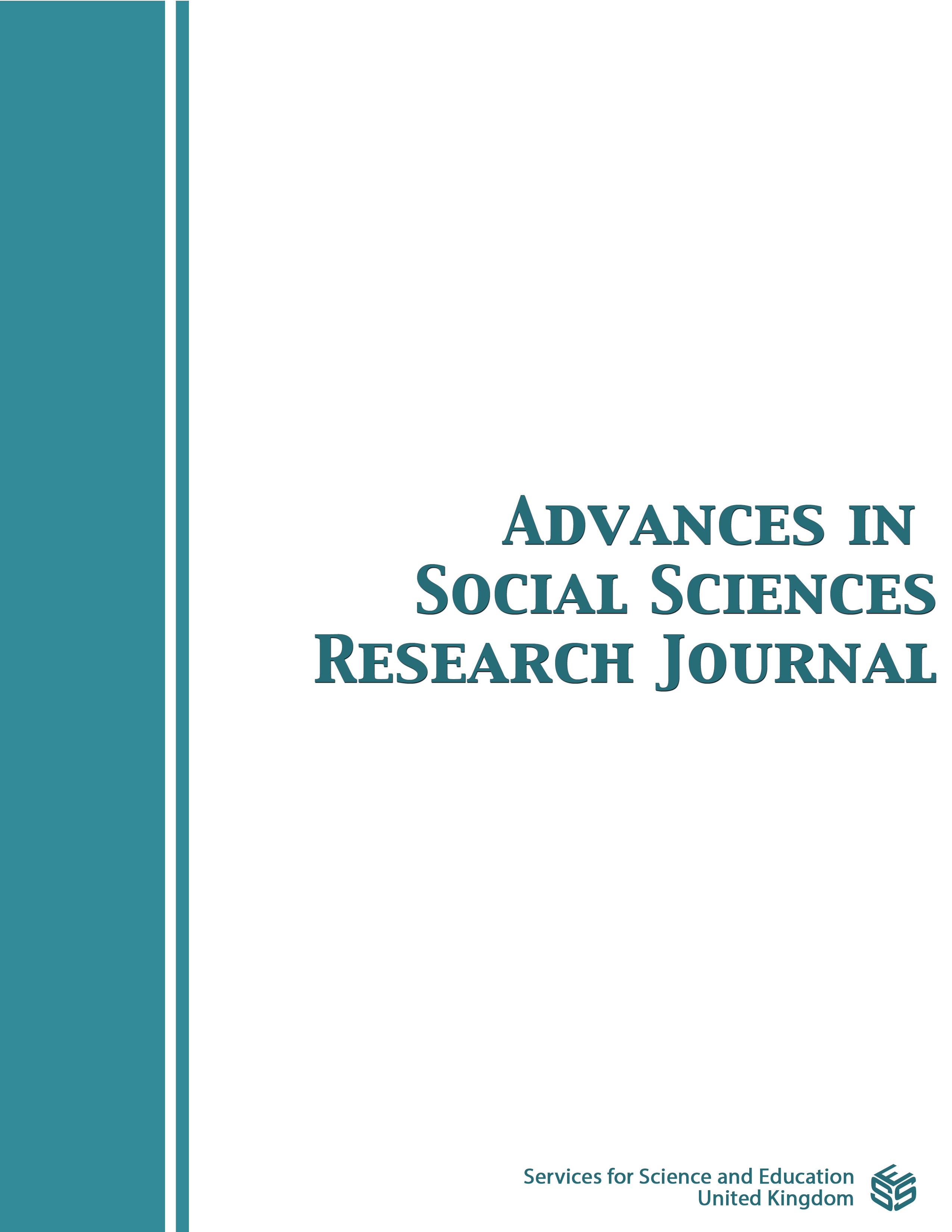Malaysia’s Industrial Competitiveness: Overview of Malaysia’s Industrial Collaboration Programme
DOI:
https://doi.org/10.14738/assrj.1110.17652Keywords:
Industrial collaboration programme, technology transfer, procurements value chain, industrial competitivenessAbstract
This study examine the role of Malaysia's Industrial Collaboration Programme (ICP) in enhancing Malaysia Industrial Competitiveness (MIC) through the technology transfer (TT) and procurement value creation (PVC). The ICP, a government initiative aimed at leveraging procurement activities, facilitates the acquisition of advanced technologies from foreign partners while prioritizing local content development. Based upon the secondary data depicted from the TDA Report to the Ministry of Finance 2023 published by Technology Depository Agency (TDA) and Policy and Guidelines on Industrial Collaboration Programme (ICP) in Government Procurement, Second Edition, this study investigates the roles of the technology transfer (TT) and procurements value chain (PVC) on Malaysia’s Industrial Competitiveness (MIC). The results demonstrate the ICP’s role in increasing the competitiveness of local industries, encouraging innovation processes, and technology acquisition through partnerships with international counterparts. The paper will present the benefits and drawbacks of ICP and depict how the program will benefit Malaysia’s vision of shifting into a regional high-tech nation. The findings emphasize the need for continuous evaluation of ICP projects to maximize long-term competitiveness and economic sustainability.
Downloads
Published
How to Cite
Issue
Section
License
Copyright (c) 2024 Jefiena Jaafar, Mohd Zamri Abu Bakar, Ariff Azly Muhamed

This work is licensed under a Creative Commons Attribution 4.0 International License.
Authors wishing to include figures, tables, or text passages that have already been published elsewhere are required to obtain permission from the copyright owner(s) for both the print and online format and to include evidence that such permission has been granted when submitting their papers. Any material received without such evidence will be assumed to originate from the authors.






